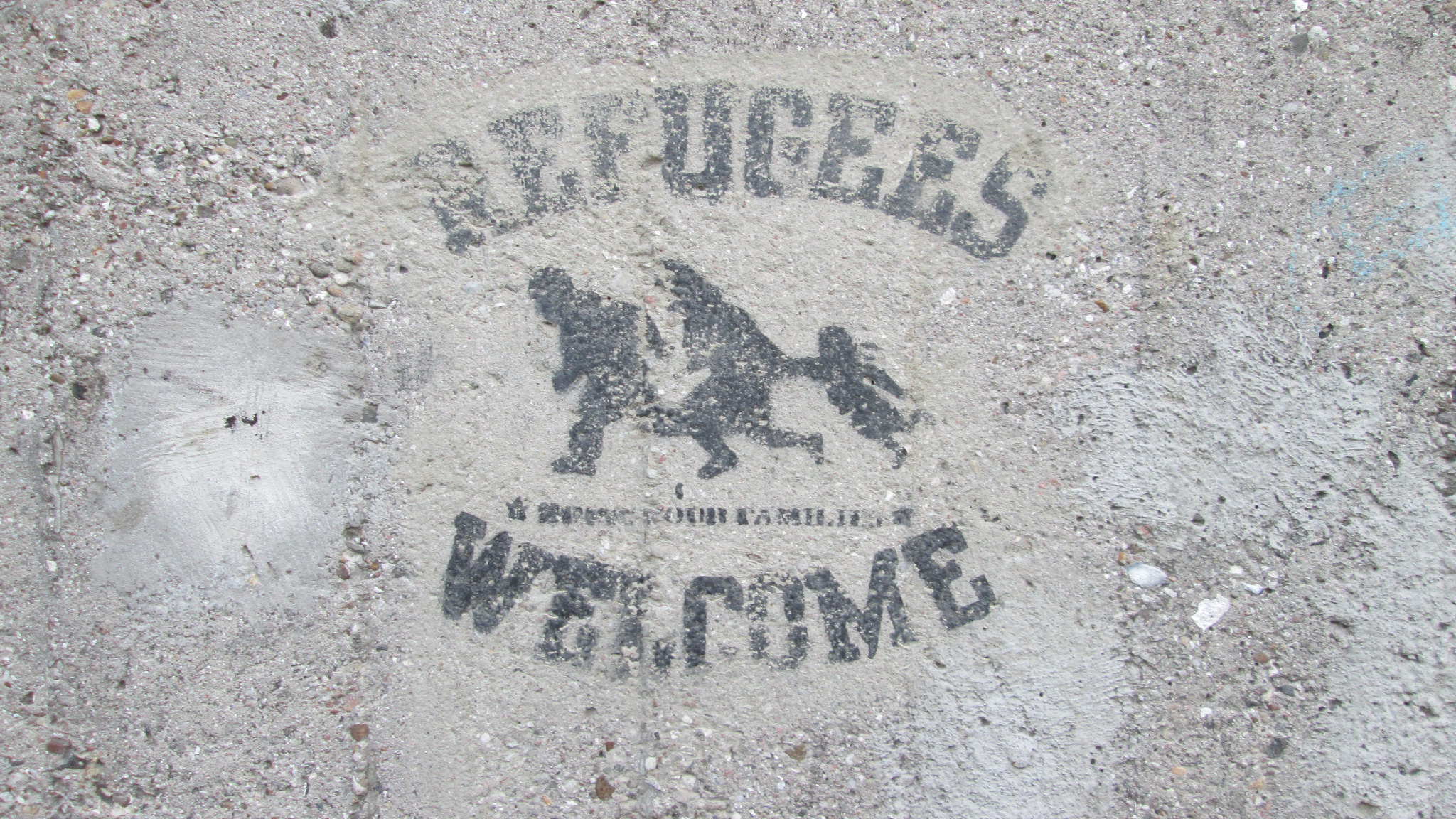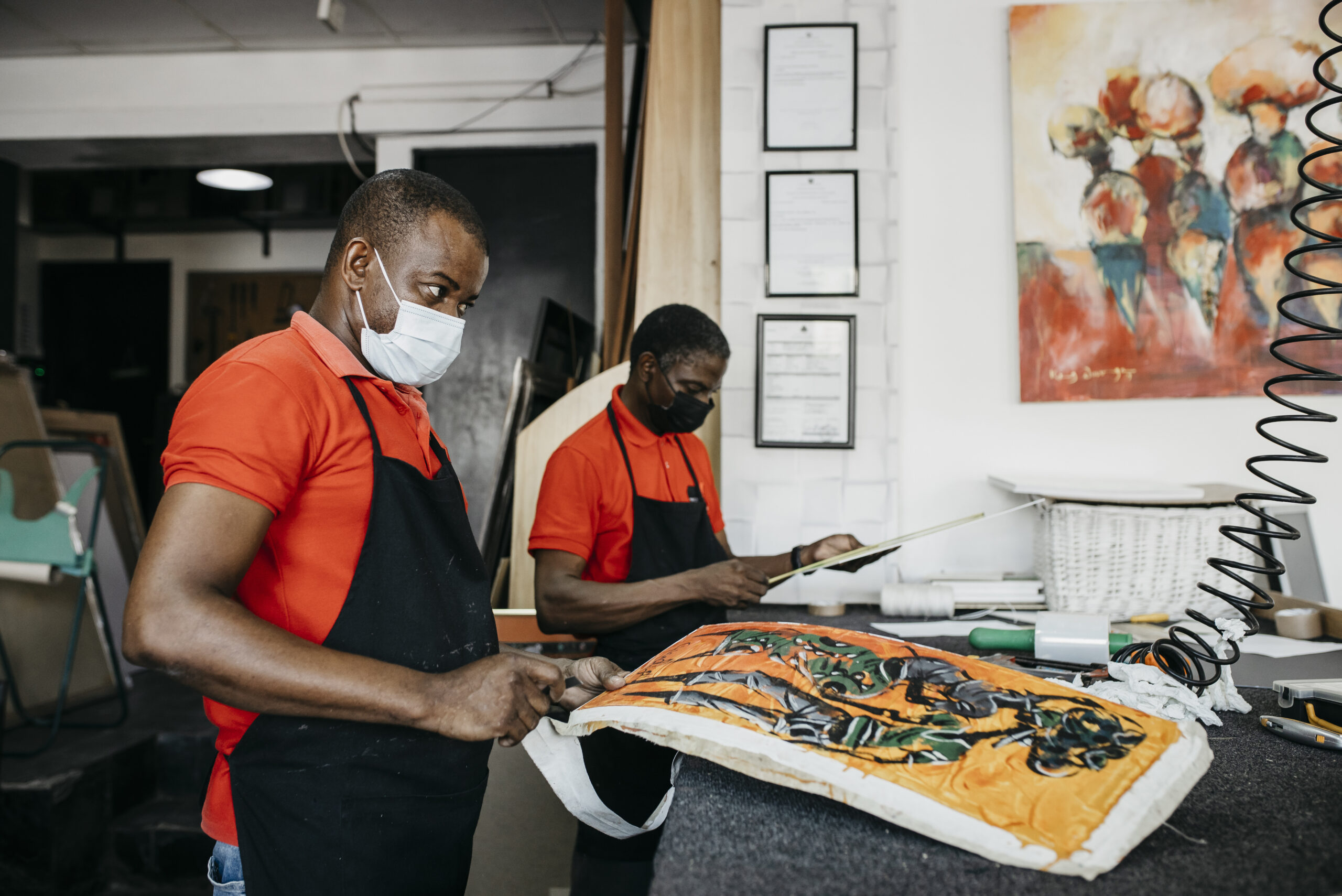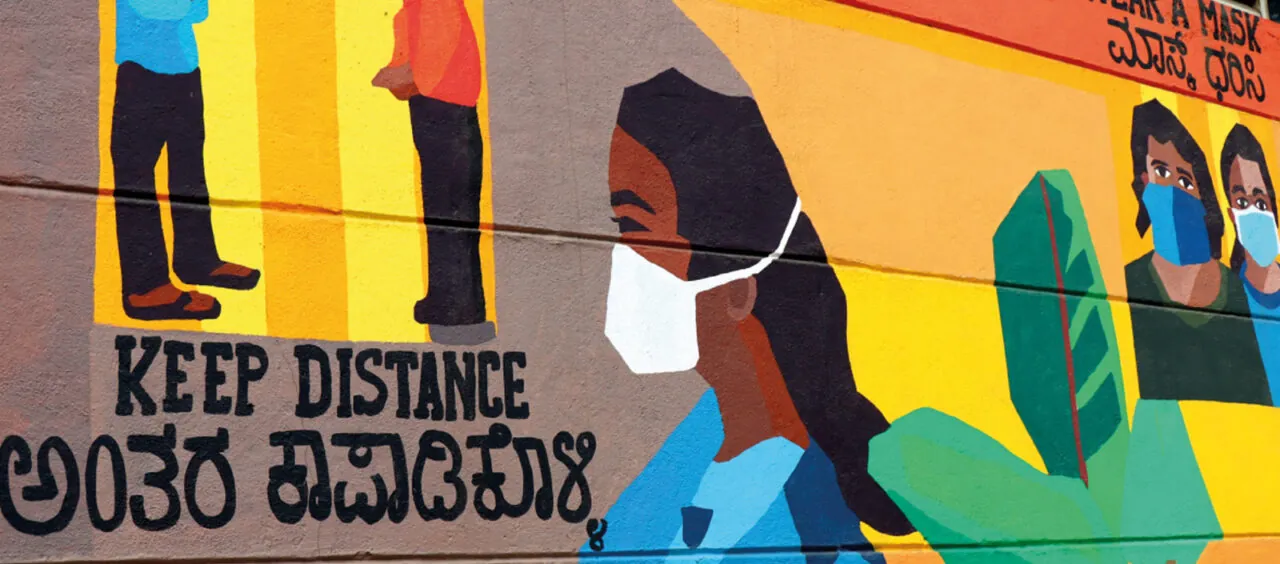The 20th of June is World Refugee Day, an international day designated by the United Nations to honour refugees around the globe. The Covid-19 pandemic has had a profound impact on their lives, and the unprecedented shutdown of borders and restrictions on migration in response to the pandemic have challenged the core principles of refugee protection. Under international law, states are legally obliged to allow people to seek asylum from persecution and may not return them to a country of persecution or danger (the principle of non-refoulement). However, refugee and asylum seekers’ rights have increasingly been at risk in recent years, a situation which has been exacerbated by the pandemic.
These issues are the focus of a IDS Working paper drawing on research carried out through the Covid Collective. The paper ‘The right to protection of forcibly displaced persons during the Covid-19 pandemic’ explores the available literature and evidence looking at the protection crisis and the discrimination and marginalisation faced by forcibly displaced persons during the first year of the pandemic. Presented here are a snapshot of some of our findings.
Restrictions on the right to asylum
At the height of the pandemic, over 160 countries limited or cut off access to asylum as they fully or partially closed their borders, without accounting for refugees and the right to seek protection. The pandemic has been used by some governments as an excuse to block people from the right to seek asylum and experiment with their nationalist agendas of border closures and anti-immigration policies.
Some countries have used the pandemic as a reason to not accept new asylum requests and/or suspend pending applications as they claimed they are unable to conduct interviews and process cases, leaving asylum seekers stuck in limbo, often in atrocious conditions. Access to services is often dependent on registering a claim to asylum, which has become much more difficult with the suspensions and closures of asylum systems, although as the pandemic progressed more countries have adapted their registration systems to be compliant with Covid-19 precautions.
Violations of the principle of non-refoulement
During the pandemic, asylum seekers have been denied entry and pushed back, sometimes violently, from a number of countries, including Bangladesh, Malaysia, Italy, and Malta, citing concerns about Covid-19. This has prevented them from seeking asylum and violated their rights and the principle of non-refoulement. Such violent pushbacks occurred both at sea and on land across the world and have put lives at risk as Covid-19 was used as an excuse for these governments to evade their responsibilities in relation to search and rescue and disembarkation.
Some countries, such as Greece and Croatia, escalated their previous hard-line actions or used new tactics such as collective expulsion from deep within their territories and the use of life rafts to push people back out to sea. Others, such as Cyprus, engaged in pushbacks for the first time. In other countries, such as the US and Trinidad and Tobago, refugees and asylum seekers were deported back to danger in their country of origin, in violation of the principle of non-refoulement, and risking the spread of Covid-19. Observers note that such tactics are part of a trend in recent years of governments trying to limit access to asylum and are not intended to protect public health.
Discriminatory restrictions and arbitrary detention
Some Covid-19 containment policies put in place during the pandemic specifically targeted refugees and asylum seekers, introducing discriminatory restrictions aimed only at them rather than citizens. Refugees living in camps in countries such as Greece, Lebanon, and Bangladesh, have been subjected to discriminatory policies, including internet shutdowns, arbitrary curfews, movement restrictions, and discriminatory policing. General lockdowns or curfews were often lifted earlier for citizens than for refugees, citing Covid-19 concerns, despite the lack of Covid-19 cases in the camps.
Some countries, such as Malaysia, Serbia, and the UK, also resorted to disproportionate use of immigration detention, often in overcrowded and unsanitary conditions, using public health concerns as a justification. Observers note that these policies which concentrate people in crowded camps or detention centres are part of a trend in recent years of governments trying to limit access to asylum and prevent mobility.
There are concerns that these changes and restrictions to the right to asylum and access to protection, presented as temporary health measures and even those implemented in good faith, may end up being entrenched in the long run as the pandemic subsides.
Increased discrimination, stigma and xenophobia
UNHCR found 40 countries with reported or known instances of xenophobia, stigmatisation or discrimination of refugees during the pandemic. Some responses to the pandemic have fuelled the narrative of migrants as a threat. Furthermore, the crisis has been used by governments, politicians, far-right parties and racist media organisations in countries in the Americas, Europe, the Middle East, Africa, and Asia, to exploit public fears, stoke xenophobic sentiments, and introduce more hostile policies against refugees and asylum seekers.
Support for the right to protection during the pandemic
However, there have also been efforts to defend the right to protection during the pandemic, with critical protection safeguards and minimum legal standards being publicised and guidance on public health adaptions that can be made to the asylum system. Organisations have also highlighted behaviour they found concerning and called for inquiries into alleged violations of refugee rights.
Some countries, such as Jordan and Portugal, have also granted refugees and migrants temporary rights to public services during the pandemic or extended the validity of visas or resident permits. Undocumented migrants were released from detention in some countries and deportations were stopped.
Such examples show that an alternative to the current trajectory towards an erosion of refugee protection rights is possible. They also demonstrate how migration management can be carried out under less restrictive conditions than occurred prior to the pandemic.



